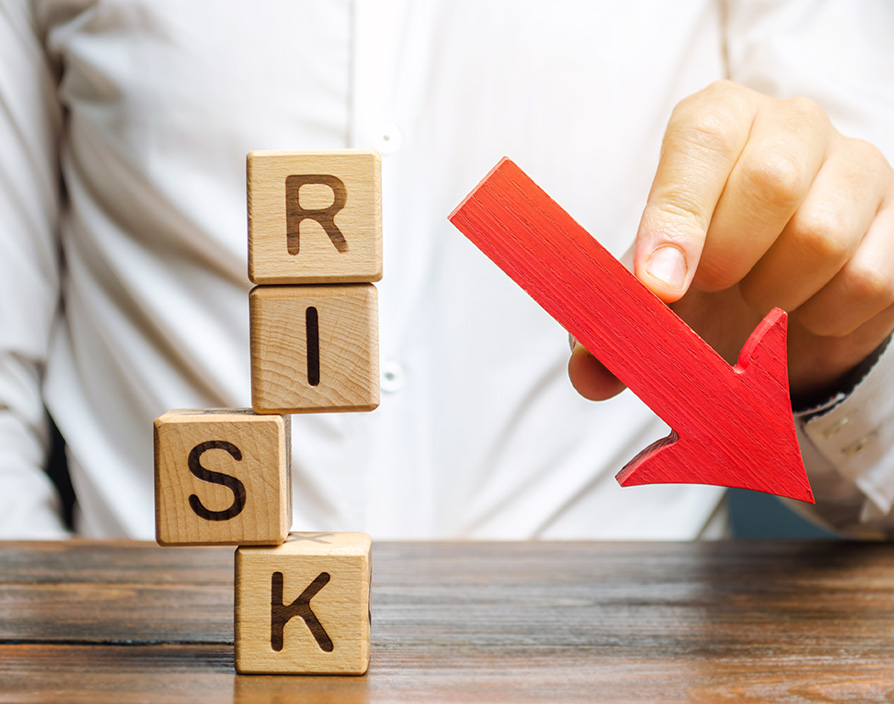I get the impression that the UK is probably going to ‘talk its way into a recession’. That could certainly happen if the media continues to print and broadcast ‘doom and gloom’ on a daily basis. A recession is defined as being ‘negative economic growth for two consecutive quarters.’ Many financial experts are forecasting that this will happen to the UK economy in the near future.
So the questions I want to ask this month are: How would a recession impact on your ability to buy a franchise? And how does this affect your ability to secure a franchise in this uncertain financial climate? Many people decide to enter the world of franchising after being made redundant – or even when concerned about the threat of losing their job. They also have dreams of being self-employed as a business owner.
And, of course, with franchising there is always the benefit of receiving training and ongoing support throughout your business journey. But you still need to carefully select the best franchise, because no two franchises are alike. Franchises are certainly not recession-proof and never will be, but they do have certain benefits over independent start-up businesses.
When trying to assess whether one franchise is more likely to survive a recession than another, you will need to carry out some research – as well as receive professional advice from experts. You will need to compare different business sectors, and then research how they perform when economic times become tough. Which one is best at surviving a downturn?
It is also advisable to ask searching questions when meeting with the franchisor. And whenever you arrange a chat with a franchisor or sector consultant, always prepare a list of relevant questions to ask.
Before starting as a new business owner, you will need to know whether you have enough capital to both fund the purchase of the franchise, and then maintain it during the early months of trading with an adequate pot of cash. Similar to buying a car, you must also have the ongoing funds to keep it on the road.
Ask yourself this question: Can you keep the business properly funded should growth be slower than anticipated? If not, then the threat of recession is probably not your biggest concern.
You can always consider loan options. Whenever you make these decisions, your initial thoughts should always be your family and mortgages. Will your loved ones be impacted financially by taking out a loan and starting a business? But always keep in mind that this may be the perfect time for taking out a loan, as interest rates in the UK remain historically low.
Some rates are even specific to franchising, as the Government tries to tempt people out of employment and into self-employment So how have franchises historically survived downturns in the past? The good news is that they perform better than other business types. The encouraging statistic is that more than 90% of franchise businesses report being profitable during difficult periods.
The franchise sector in the UK is still relatively small compared to the likes of the United States and Australia. Both of these countries have five times as many franchised systems than the UK which currently has only around 1,000 of them. Yet this is great news for those keen to join the sector, because it means there is plenty of space available at the franchise party.
Finally, even though there are zero guarantees with regards to business success, at least with franchising there is a history which can be researched. How has the franchise or brand performed at various stages of its life, as well as in different regions of the country? By acquiring this vital knowledge, it certainly helps to reduce the amount of guesswork you may have to attempt.
Before taking the plunge, ask plenty of questions to franchisors and sector consultants, and never rush your decision or the speed at which you carry out this research. This covers the entire process. Only start your business when you are truly confident that it will succeed in the current economic climate. Never put your own personal circumstances at risk – or that of your family. There are many questions to ponder before making this long-term commitment.

































